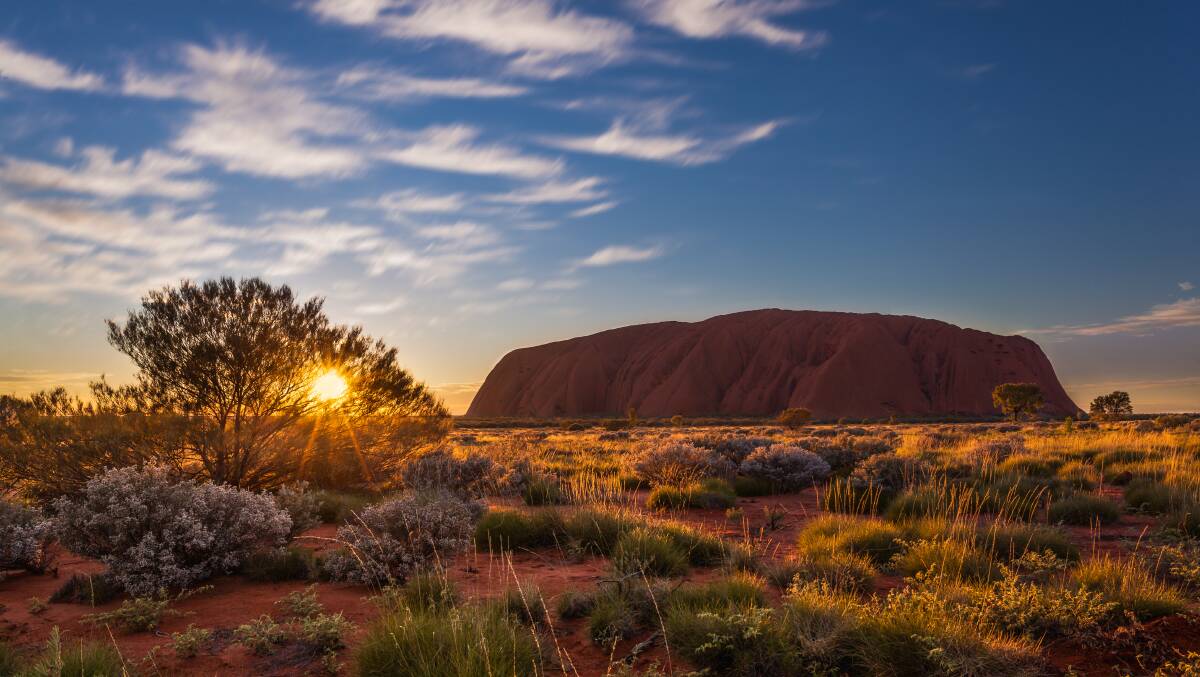
With one week remaining before Christmas, the federal government has finally released its final report on a First Nations Voice to Parliament. And like that regifted box of biscuits from their aunt nobody likes, what the government delivered feels a little stale. It's certainly not what people asked for.
Subscribe now for unlimited access.
or signup to continue reading
However, there is still hope that this proposal may fulfil the wishes of First Nations communities around the country, and deliver on the poetic vision of the Uluru Statement from the Heart - if only the government is willing to listen.
I have written many times over the past 18 months on the importance of not rushing the design for a First Nations Voice, and how a referendum to enshrine a Voice in the constitution is necessary, and essential. Enshrinement of a First Nations Voice, alongside appropriate funding and bipartisan support, will ensure longevity, credibility, and most importantly stability for a Voice. This is why the delegates at the Uluru Convention in 2017 chose to make this the central feature of their call for change. It's also why the Uluru Statement from the Heart campaign led by the Uluru Dialogue at UNSW has continued to push for a referendum since.
Such is the importance of a referendum and enshrinement that other aspects of the Voice proposal are less significant by comparison. There is a lot of detail in this proposal - some of it good, much of it reasonable. The integration of local/regional bodies with the national one will give both bodies the grassroots foundations the Uluru Statement called for. The expansion of members to account for rural participation is also welcome.
The model proposed, however, among other issues including membership and justiciability of disputes, also does not require First Nations voices to have a seat at the table on many issues which affect us, offering only limited areas where it is obligated, rather than simply beneficial; a major departure from the mandated involvement sought by the delegates at Uluru. At present, the Voice would be brought in only at the discretion of government. Proper consultation this is not.
Almost all of this is less important, however, than the structural protection and public mandate received from a successful referendum. Now that this proposal is public, the government should hold the vote first, then move to the final stages of design and implementation. As I wrote in July, this is the most important constitutional reform issue this country has faced in many decades - and we must get it right. Rushing the legislation would kill off any prospect of success for a Voice, and kill off the momentum to see this monumental change achieved.
The senior advisory group which authored this report, and the interim one released almost 12 months ago, did not examine this crucial issue, hamstrung as they were by the government and their terms of reference. Nonetheless, they did note in their recommendations the "support for the enshrinement [...] expressed particularly through the submissions received as part of the consultation process", with 88 per cent of submissions in favour of a referendum on a Voice. This data supports similar work undertaken on the levels of support for a Voice within the broader community.
READ MORE:
Despite this, the Prime Minister has refused to commit to a referendum, and alongside Minister for Indigenous Australians Ken Wyatt, has continued to insist that the government's goal is to legislate, not constitutionally enshrine, a Voice.
With the time left between now and the expected federal poll in May, the issue is likely to become an election one, given Labor's strong support for holding a referendum within the next parliamentary term, fully implementing the Uluru Statement from the Heart.
The leadership of First Nations peoples delivered the promise of the Uluru Statement from the Heart. Now the nation, and our politicians, must fulfil that promise, and hold a referendum on this issue, first, before legislation kills off any chance for change. Achieving an enshrined First Nations Voice would represent a moment of singular substantive change for our future politics and society, and form part of a legacy for generations to come. That would be a Christmas gift that would bring joy to all.
- James Blackwell is a proud Wiradjuri man and research fellow at UNSW's Centre for Social Impact. He is a member of the Uluru Dialogue.

